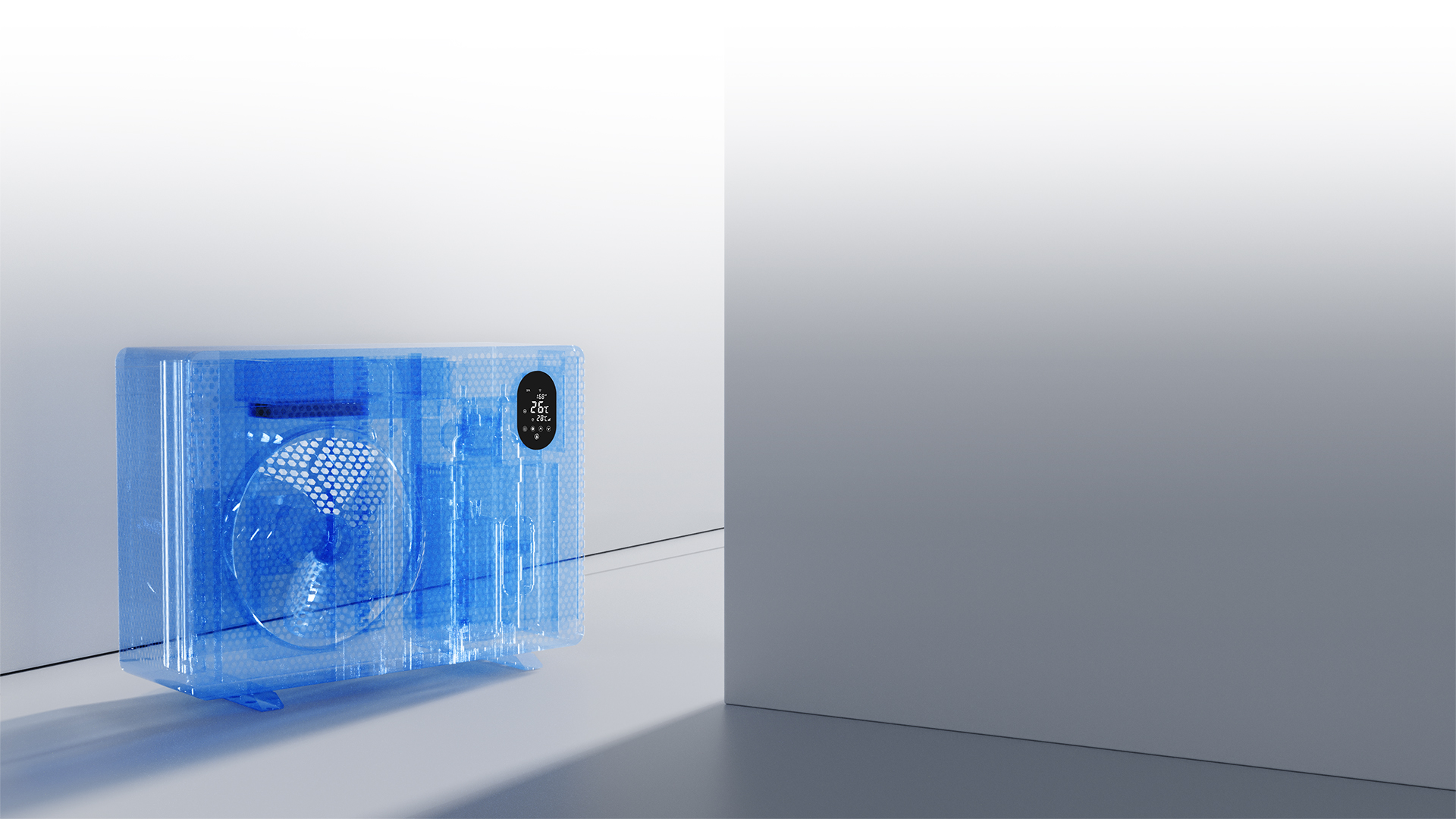A Comparative Analysis of Traditional Pool Heaters and Pool Heat Pump Inverters
(2023年10月01日)https://www.fairland.com.cn/turbosilence-tech
Having a pool at home is the ultimate luxury, especially during the hot summer months. However, as the temperatures drop, it becomes challenging to take a dip in the pool. Fortunately, pool heaters offer an effective solution to extend your swimming season. In recent years, the advent of pool heat pump inverter technology has revolutionized the swimming pool industry. In this article, we will compare traditional pool heaters and pool heat pump inverters to help you decide which one is right for you.
Traditional Pool Heaters
Traditional pool heaters use electricity, propane, or natural gas to heat your swimming pool. These heaters work by transferring heat to the pool water through a heat exchanger. The mechanism is relatively simple and can heat your pool water to the desired temperature within a few hours. However, traditional pool heaters are notorious for their high energy consumption and operating costs. They can also be environmentally harmful due to the release of greenhouse gases into the atmosphere.
Pool Heat Pump Inverters
Pool heat pump inverters work differently from traditional pool heaters. These heat pumps use electricity to transfer ambient heat from the surrounding air into the pool water, making them a more energy-efficient option. As a result, an inverter pool heat pump is more cost-effective to operate and can save you up to 80% on your energy bills. They are also environmentally friendly as they do not rely on fossil fuels to operate.
Key Differences Between Traditional Pool Heaters and Pool Heat Pump Inverters
Energy Efficiency
One of the most significant differences between traditional pool heaters and pool heat pump inverters is their energy efficiency. Traditional pool heaters are notorious for their high energy consumption and operating costs. In contrast, pool heat pump inverters operate at a higher level of energy efficiency. They have a coefficient of performance (COP) rating, indicating their energy efficiency level. The COP rating of pool heat pump inverters is typically between 5 and 8, while traditional pool heaters have a COP rating of around 1.
Performance in Cold Weather
Traditional pool heaters work well in hot climates but are not as effective in colder weather. Pool heat pump inverters, on the other hand, can maintain their efficiency even in colder weather. They can extract heat from the surrounding air and use it to heat your pool water, making them an ideal option for homes located in colder climates.
Cost
Traditional pool heaters may seem like a more affordable option upfront, but they can quickly become expensive to operate. Pool heat pump inverters, on the other hand, have a higher upfront cost but can save you money in the long term. They are energy efficient and can save you up to 80% on your energy bills.
Both traditional pool heaters and pool heat pump inverters come with their advantages and disadvantages. If you live in a region with a mild climate, traditional pool heaters may be a suitable option. However, if you want to save on energy costs and be environmentally friendly, a swimming pool inverter heat pump is an ideal choice. Pool heat pump inverter technology has come a long way in recent years, offering an efficient and effective solution to heat your swimming pool. If you are looking for a reliable pool heat pump inverter, consider Fairland. Their products are energy-efficient, cost-effective, and environmentally friendly.
For more information about air source heat pump for swimming pool, please feel free to contact us!
- «前のできごと |
- 次のできごと»
- このできごとのURL:




コメント